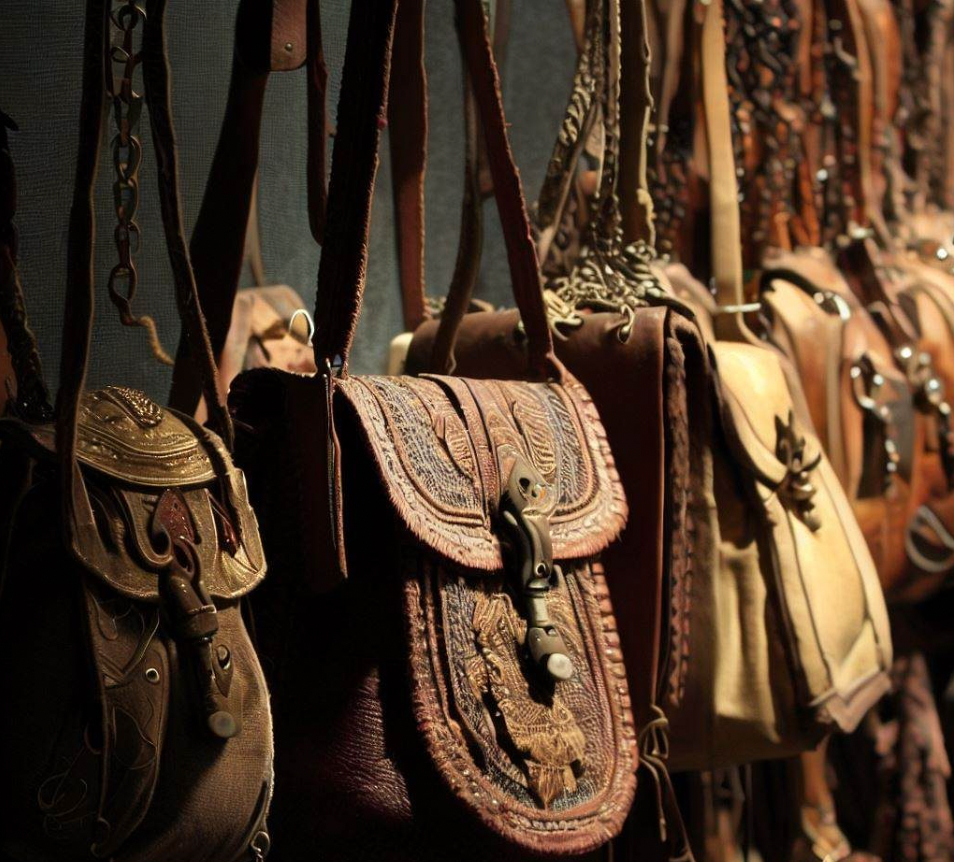
The Birth of the Bag: From Renaissance Utility to Florentine Luxury
The handbag has not always been the symbol of elegance and desire that we know today. Its origins are far more humble, rooted in function and necessity. To understand how it evolved into a true object of style, we need to travel back to the heart of the Renaissance, when Florence was not only the cradle of art and culture but also the birthplace of refined craftsmanship.
From utility to identity
In medieval and Renaissance Europe, both men and women carried small pouches or satchels tied to their belts. These modest bags held coins, keys, seals, and personal belongings. Far from being decorative, they were essential for everyday life in a world without pockets. In Florence, a city of merchants, bankers, and scholars, these pouches became indispensable symbols of status as much as practicality. A finely crafted leather satchel spoke volumes about its owner’s wealth and refinement.
The Florentine touch
Florentine artisans quickly elevated these utilitarian objects into something more. Skilled in vegetable tanning and fine leatherwork, they began to experiment with richer materials, intricate stitching, and decorative embossing. Some were adorned with family crests or gilded details, turning the bag into an emblem of identity and prestige. Just as painters and sculptors redefined beauty during the Renaissance, leatherworkers transformed the humble pouch into a canvas of artistry.
Women and the rise of elegance
By the 16th century, women’s fashion began to change. Dresses became more elaborate and often lacked the space to attach pouches discreetly. This created a shift: small hand-held purses emerged as accessories designed not only for function but also for display. In Florence, the capital of luxury, these early handbags blended practicality with beauty, combining supple leather with silk, embroidery, or metallic clasps. The handbag was no longer just an object to carry things, it had become a statement of taste and femininity.
A Florentine legacy
The Renaissance spirit of innovation and artistry ensured that Florence remained at the forefront of this evolution. The city’s leatherworkers continued to refine techniques that allowed bags to age gracefully, becoming more beautiful over time. What started as a simple pouch grew into an enduring symbol of elegance, passed down through generations and continually reimagined by Florentine hands.
Sara by JG and the story continues
At Sara by JG, this history is more than inspiration, it is our foundation. Each handbag is born in Florence, crafted from authentic Tuscan leather that echoes centuries of artistry. What was once a humble pouch has become an icon of style, and in every Sara by JG creation, you carry not only a bag but also a chapter of Florence’s story.

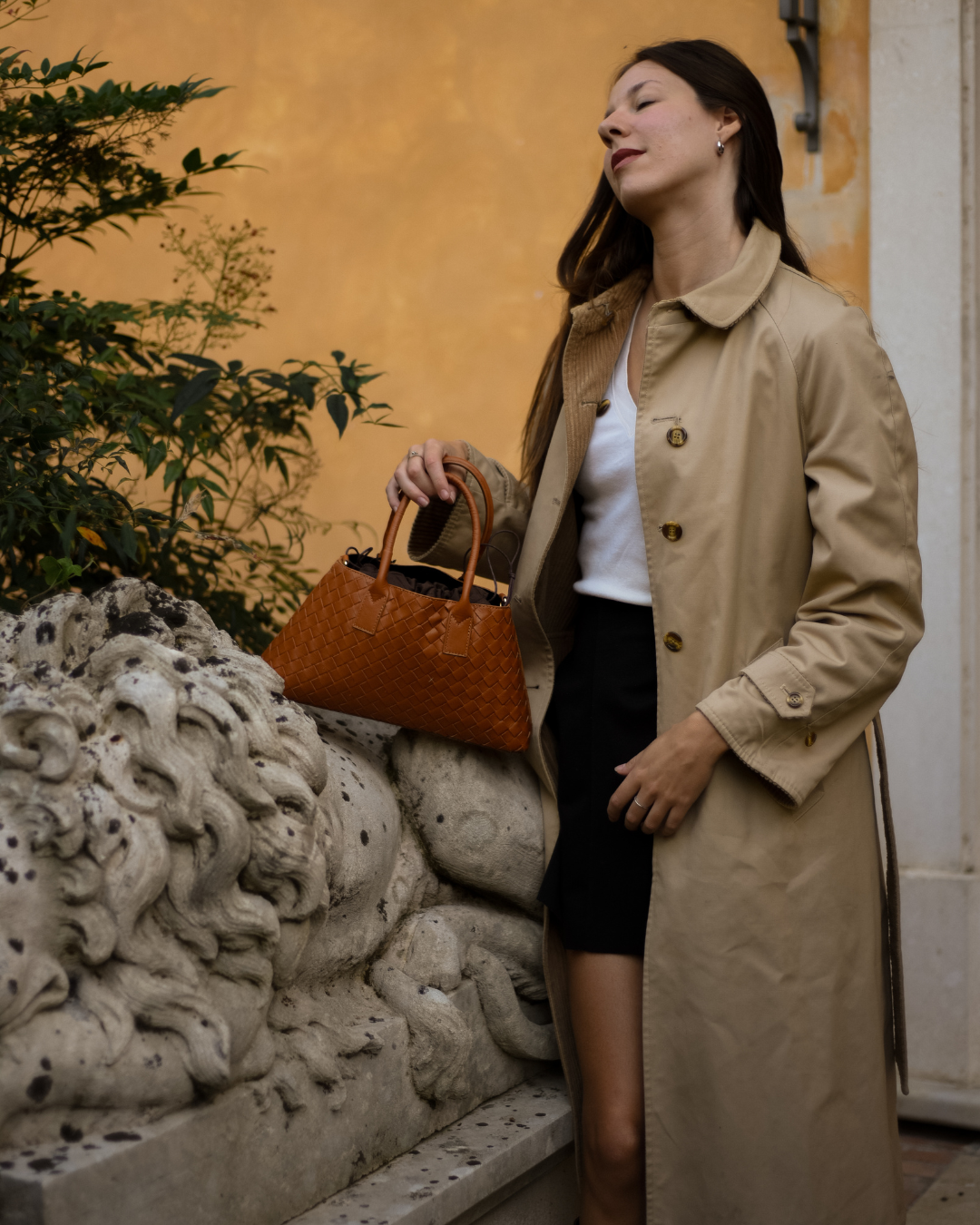
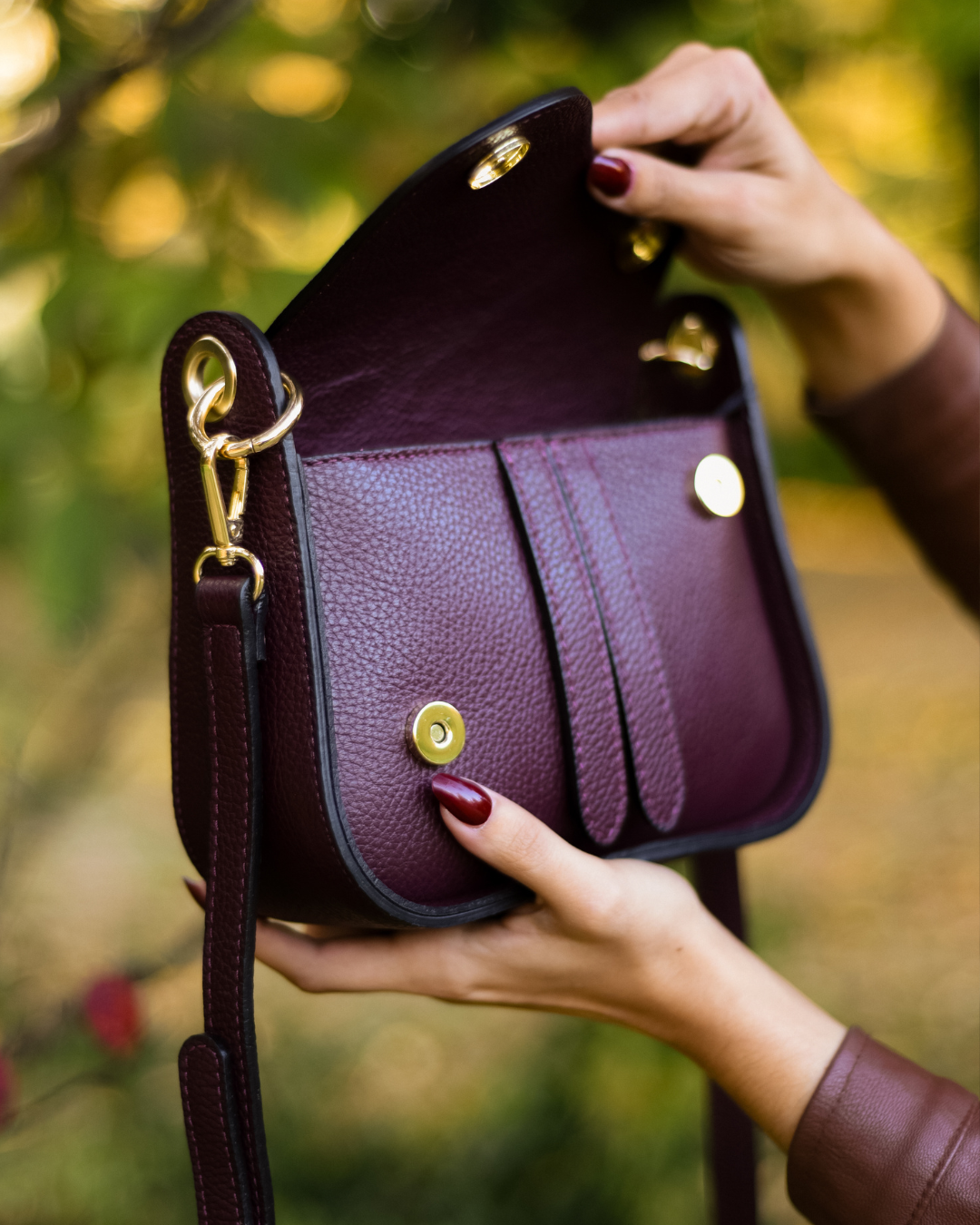
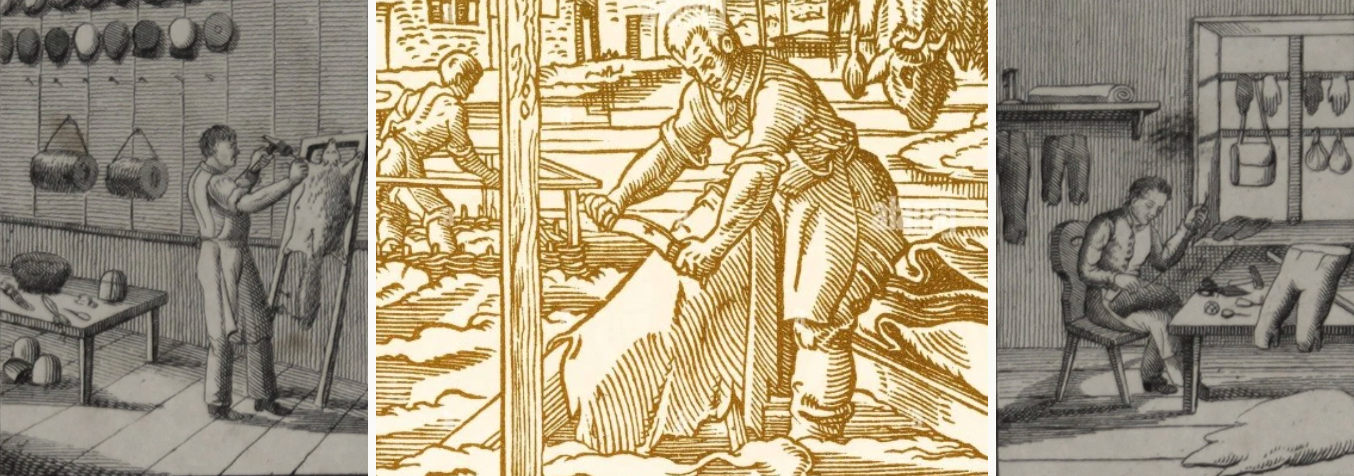
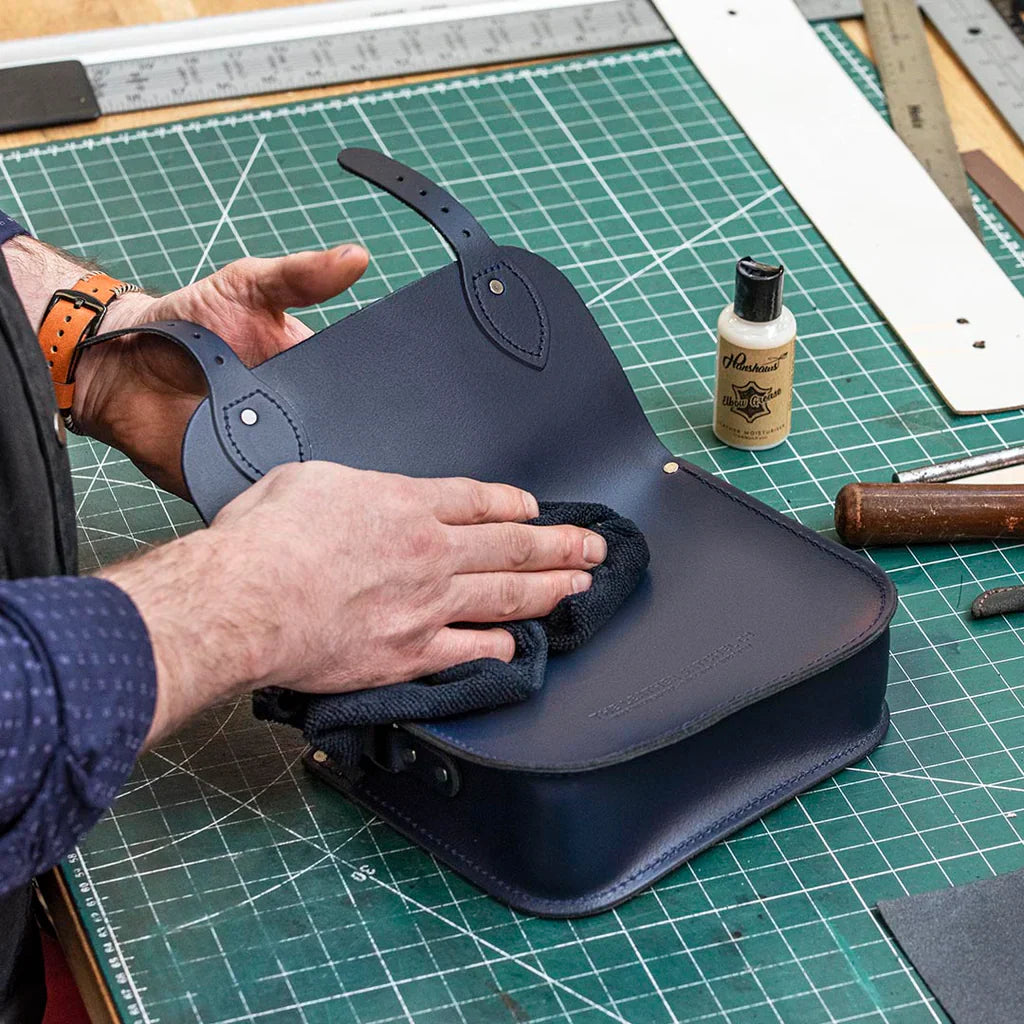
Leave a comment
This site is protected by hCaptcha and the hCaptcha Privacy Policy and Terms of Service apply.